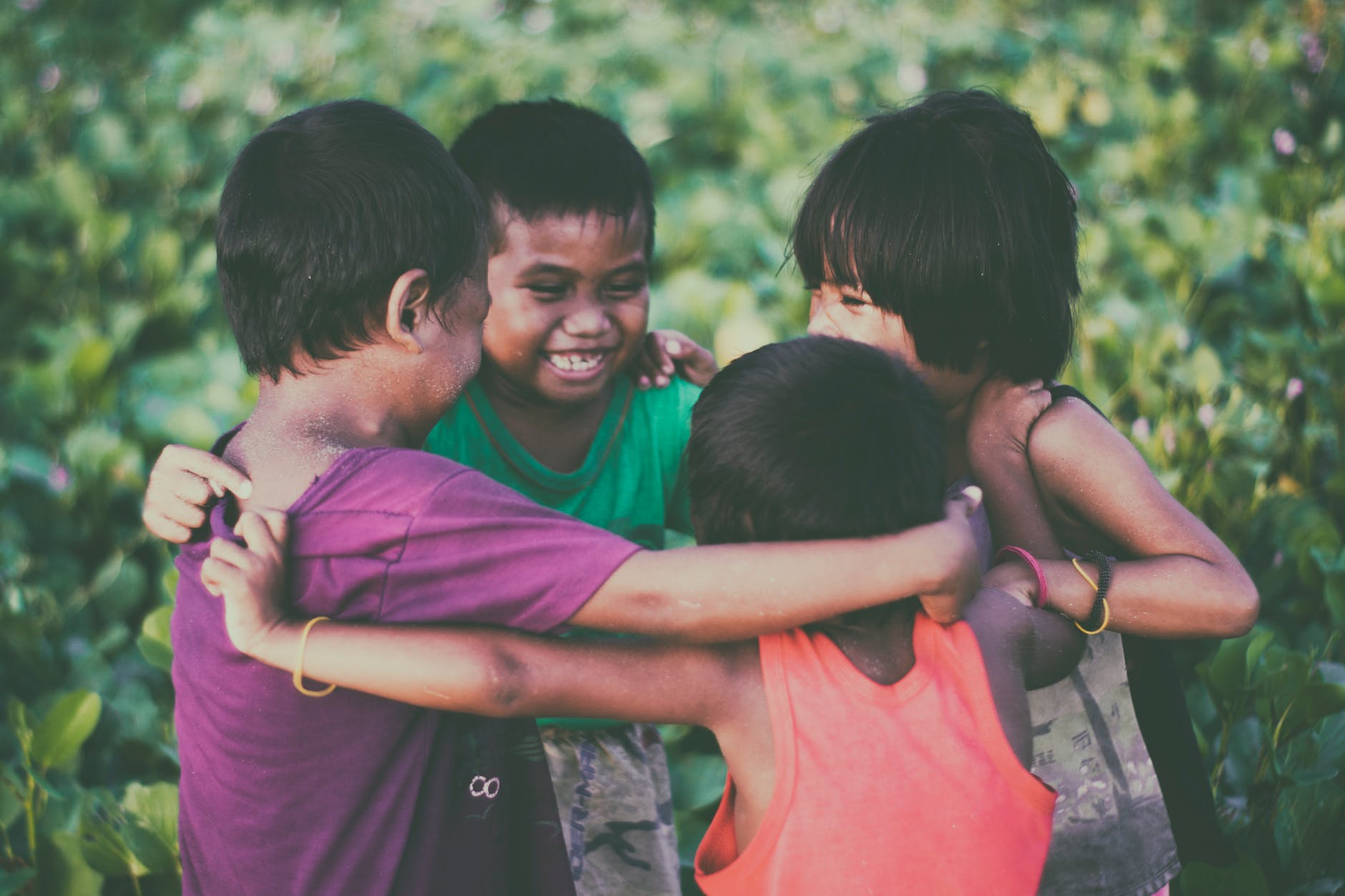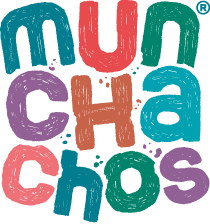
On the 1st June it is International Children’s Day, a day to promote the welfare of children all over the world.
What are International Children’s Day’s origins?
International Children’s Day was set up by the 1925 World Conference for the Wellbeing of Children during which, a set of guidelines were established to give children the best chances in life. All countries within the League of Nations were obliged to follow them. Originally five principles were instated which were later amended in 1989 by the United Nations. These principles are still used today.
What does International Children’s Day stand for?
The 1st June is used by over 50 countries as the date to mark this important event. 50 countries from Poland to China see it as a key date in their calendars to promote and raise awareness of issues that affect children, such as child sex tourism, poverty and education. Every country is allowed freedom to organise events, and usually, governments work together with organisations that specialise in fulfilling children’s needs and overcoming problems.
In the UK we celebrate Universal Children’s Day on the 20th November, but the 1st June was actually established by the Women’s International Democratic Federation and this day is celebrated with great enthusiasm throughout the world.
How is International Children’s Day celebrated globally?
China designate a day’s holiday for all schools and holds activities such as children’s performances, camping trips or free movies to allow children to have fun. In Ecuador, children up to 12 years old receive presents. In Germany Universal Children’s Day lays emphasis not on games and presents, but more on political efforts to strengthen children’s rights. In Mongolia, children receive gifts and there are street festivals dedicated to children. And in Poland, schools organise special activities for the pupils whilst locally festivities are organised in parks and entertainment centres.
Whether you’re celebrating Children’s Day on the 1st June or 20th November, it’s important to understand its significance to the children of the world. It marks the importance of the safety and wellbeing of children irrespective of nationality or background and it highlights the guidelines as set up by the UN for the protection of children against threats both new and old.
Read more about the Convention on the Rights of the Child as adopted by the UN here.
Sign up to Munchachos here and download our FREE app to explore, have fun, learn loads and get worldwise.
